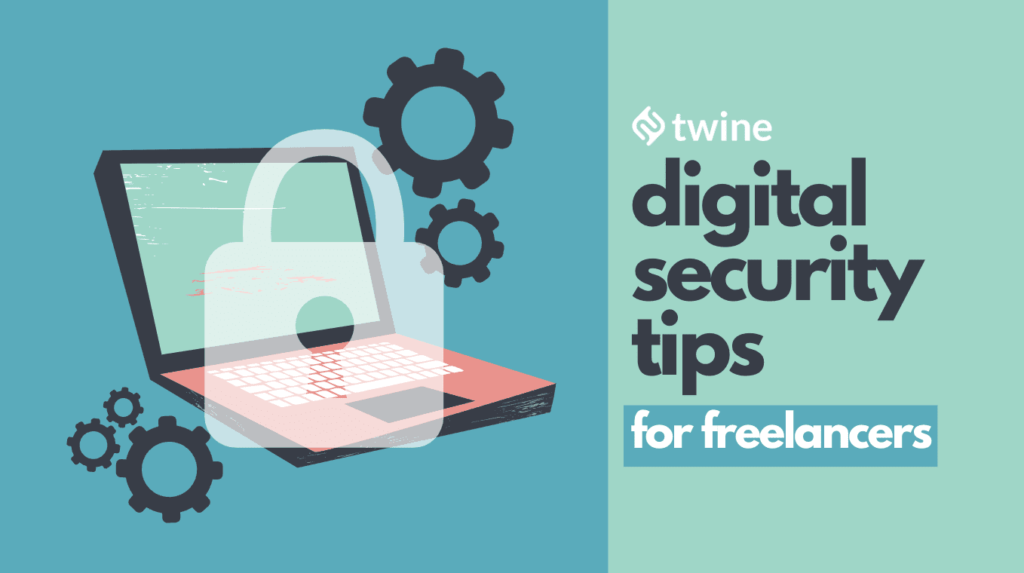
I. Introduction
In today’s fast-paced world, the rise of digital nomads is evident. These individuals, who leverage technology to work remotely from various locations worldwide, face unique challenges. One of the most crucial aspects for digital nomads to consider is security. In this article, we’ll explore ten must-have security tips that every digital nomad should follow to ensure a safe and secure work environment.
II. Importance of Security for Digital Nomads
As digital nomads traverse the virtual landscape, they encounter numerous risks to their digital well-being. Cyber threats, data breaches, and privacy issues are just a few of the challenges they might face. Understanding the importance of security is the first step towards safeguarding their digital presence.
III. Tip 1: Secure Your Devices
Digital nomads heavily rely on their devices. Implementing robust password protection measures is paramount. Choosing complex passwords and changing them regularly adds an extra layer of security to laptops, tablets, and smartphones.
IV. Tip 2: Use a VPN
A Virtual Private Network (VPN) is a powerful tool that encrypts internet connections, making it difficult for hackers to access sensitive information. Exploring the significance of encryption and choosing a reliable VPN service is essential for digital nomads on the move.
V. Tip 3: Public Wi-Fi Caution
Public Wi-Fi can be a blessing and a curse for digital nomads. While it provides convenience, it also exposes them to potential security threats. Understanding the risks associated with public Wi-Fi and taking precautions can prevent unauthorized access to personal and professional data.
VI. Tip 4: Update Regularly
Keeping software and apps up-to-date is a simple yet effective security measure. Regular updates often include patches for potential vulnerabilities, ensuring digital nomads stay one step ahead of cyber threats.
VII. Tip 5: Two-Factor Authentication
Enhancing security with two-factor authentication adds an extra layer of protection to accounts. Digital should embrace this practice to safeguard their online presence from unauthorized access.
VIII. Tip 6: Secure Physical Space
Ensuring the physical security of workspaces is often overlooked. Implementing locks, using privacy screens, and being mindful of surroundings can prevent unauthorized access to sensitive information.
IX. Tip 7: Backup Data

Digital nomads rely heavily on their data. Utilizing secure cloud storage options provides a backup in case of device loss or failure, ensuring crucial information is not lost.
X. Tip 8: Be Mindful of Social Media
While sharing experiences on social media is part of the digital nomad lifestyle, oversharing can lead to privacy issues. Being mindful of what is shared online prevents unnecessary risks.
XI. Tip 9: Educate Yourself on Scams
Digital nomads often encounter unique scams. Being aware of common tactics used against them empowers them to identify and avoid potential threats.
XII. Tip 10: Emergency Preparedness
In the unfortunate event of a security breach, digital nomads should have a plan in place. Knowing the immediate steps to take can mitigate potential damages and expedite recovery.
XIII. Real-Life Security Stories
Learning from the experiences of other digital nomads provides valuable insights. Real-life stories highlight the importance of following security tips and the consequences of neglecting them.
XIV. Balancing Security and Flexibility
Balancing security measures with the flexibility digital nomads enjoy is crucial. Finding practical approaches that do not compromise safety ensures a seamless work experience.
XV. Conclusion
In conclusion, the security of digital nomads is of utmost importance. Implementing the ten security tips discussed in this article can significantly enhance their online safety. From securing devices to being cautious on public Wi-Fi, each tip contributes to a comprehensive security strategy.
FAQs
- Is a VPN necessary for every digital nomad?
- While not mandatory, using a VPN adds a valuable layer of security, especially when accessing public Wi-Fi.
- How often should passwords be changed?
- Changing passwords every few months is recommended to minimize the risk of unauthorized access.
- Are all public Wi-Fi networks unsafe?
- Not all, but many public Wi-Fi networks pose security risks. It’s crucial to be cautious and use secure connections when possible.
- Why is two-factor authentication essential?
- Two-factor authentication adds an extra layer of security by requiring a second form of verification, reducing the risk of unauthorized access.
- How can digital nomads recover from a security breach?
- Having a pre-planned emergency response, such as contacting service providers and changing passwords, can expedite recovery after a security breach.



